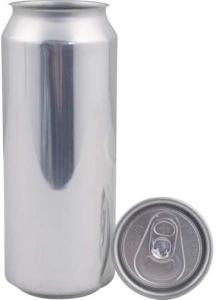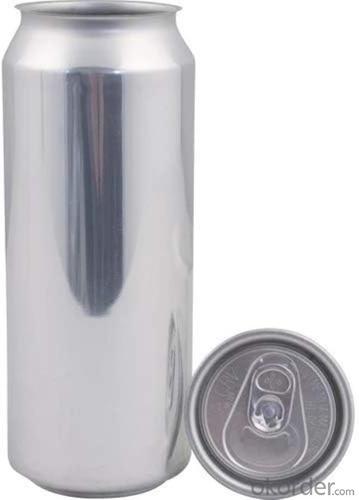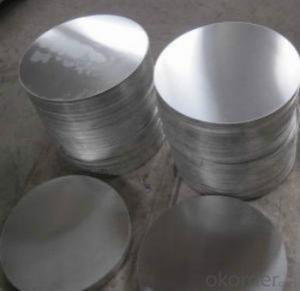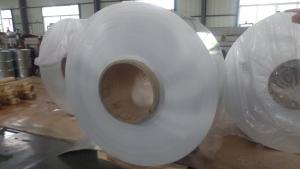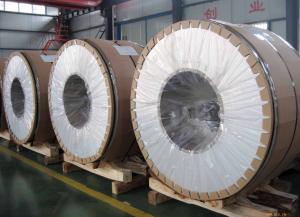Mill Finished Aluminium Can Endstock AA5182
- Loading Port:
- Shanghai
- Payment Terms:
- TT or LC
- Min Order Qty:
- 5 m.t.
- Supply Capability:
- 500 m.t./month
OKorder Service Pledge
OKorder Financial Service
You Might Also Like
1.Specification
ALLOY:AA5182,AA5052
TEMPER:H19, H29
THICKNESS:0.22-0.26mm
WIDTH:600-1800mm
Special specification is available on customer's requirement
2.Description
5182 and AA5052 aluminum coil is an aluminum alloy that is commonly used in the production of can end. This aluminum alloy is ideal for the production of can end materials due to its excellent formability and corrosion resistance.
3.Pictures
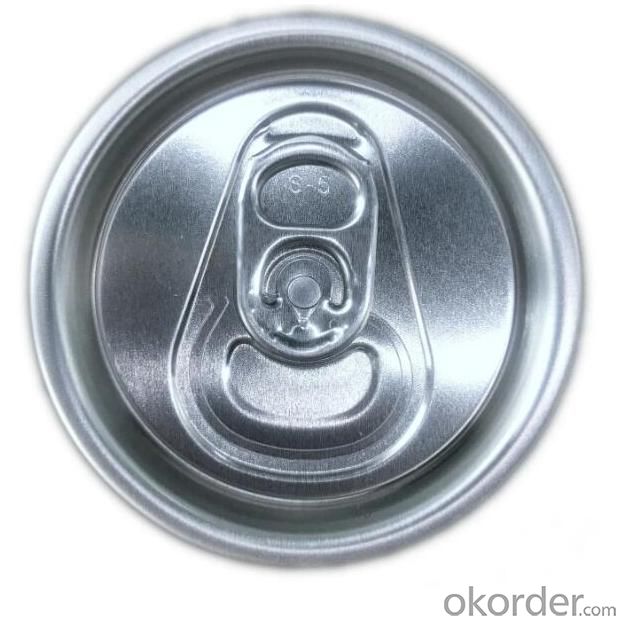
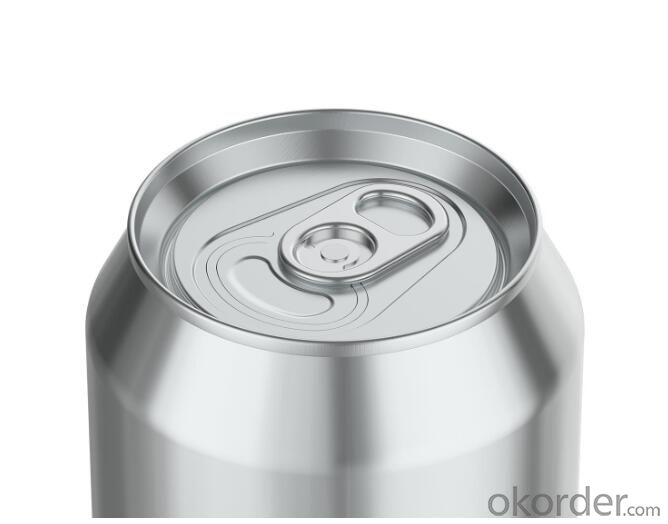
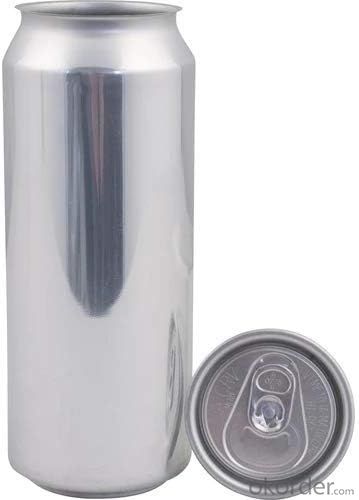
4.Professional Quality Control Team
Inspect ingot before melting
Inspecting aluminium coil /foil stock before cold rolling
Inspecting finished goods before package
Inspecting package, loading before shipment
5.Certificates
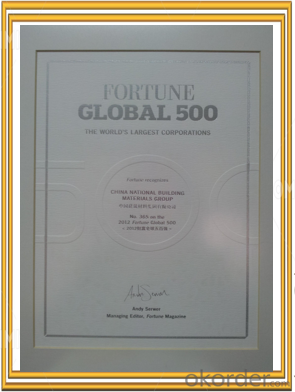
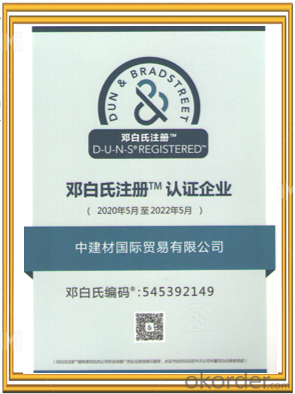
- Q: What are the production processes of aluminum coil and what are the functions of various industrial furnaces in the production of aluminum? The more detailed, the better. Thank you! Points!
- General steps are as follows: melting - hot rolling - cold rolling - annealing – shearing – straightening – punching
- Q: What is the creep resistance of aluminum coils?
- The creep resistance of aluminum coils is generally high, as aluminum has a low melting point and exhibits minimal creep deformation under normal operating conditions.
- Q: What are the potential applications of coil-anodized aluminum coils?
- Coil-anodized aluminum coils possess unique properties and advantages, allowing them to be employed in a wide range of potential applications. Here are some of the primary areas where they can be utilized: 1. Architectural: The distinct properties of coil-anodized aluminum make it well-suited for architectural purposes, including cladding, roofing, and facades. With its anodized coating, it offers increased durability, resistance to weather conditions, and color stability, making it suitable for outdoor use in various climates. Furthermore, the coils can be shaped and formed to create different architectural elements, providing design flexibility. 2. Transportation: Due to its lightweight nature, coil-anodized aluminum is ideal for transportation applications. It can be employed in the manufacturing of parts and components for the automotive, aerospace, and marine industries. The anodized coating enhances its corrosion resistance, making it suitable for exterior components and structures. 3. Electronics: Coil-anodized aluminum coils find utility in the field of electronics manufacturing. The anodized coating provides excellent electrical insulation, which is crucial in applications necessitating high conductivity and insulation. It can be utilized in the production of components such as heat sinks, casings, and connectors. 4. Signage and displays: The vibrant and long-lasting colors achieved through coil-anodizing make it a perfect material for signage and displays. The anodized coating ensures color stability against UV radiation and harsh weather conditions, rendering it suitable for both indoor and outdoor applications. It enables the creation of eye-catching and durable signage and displays. 5. Furniture and interior design: Coil-anodized aluminum coils can be employed in the manufacture of furniture and interior design elements. The anodized coating provides a smooth, durable, and scratch-resistant surface, making it suitable for applications like tables, chairs, wall panels, and decorative elements. The wide range of available colors and finishes allows for versatile design possibilities. 6. Industrial applications: Coil-anodized aluminum coils can be utilized in diverse industrial sectors. The anodized coating offers enhanced corrosion resistance, which is advantageous in industries such as chemical processing, food processing, and pharmaceuticals. It can be used in the production of tanks, containers, and equipment that require resistance against harsh chemicals and environments. 7. Energy and sustainable applications: The lightweight nature and durability of coil-anodized aluminum make it suitable for energy and sustainable applications. It can be employed in the manufacturing of solar panels, heat exchangers, and other energy-related components. The anodized coating provides protection against weathering and corrosion, ensuring long-term performance. In conclusion, coil-anodized aluminum coils have extensive and diverse potential applications, spanning across architectural, transportation, electronics, signage, furniture, industrial, and energy sectors. The combination of its lightweight nature, durability, color stability, and corrosion resistance makes it a versatile material for various industries and applications.
- Q: How are aluminum coils protected against dust and dirt during storage?
- Aluminum coils are typically protected against dust and dirt during storage by being wrapped in a protective covering, such as plastic or shrink wrap. This helps to prevent any contaminants from settling on the surface of the coils and potentially causing damage or corrosion. Additionally, storing the coils in a clean and controlled environment, such as a warehouse or storage facility, further reduces the risk of dust and dirt accumulation.
- Q: How do aluminum coils contribute to the corrosion resistance of products?
- Aluminum coils contribute to the corrosion resistance of products due to the natural oxide layer that forms on the surface of aluminum, which acts as a protective barrier against corrosion. This oxide layer is stable and prevents further oxidation of the metal, thereby enhancing the durability and lifespan of products.
- Q: I am so confused right know. I want to cook something using an aluminium foil. Is the reflective side supposed to be inside or outside?
- Doesn't matter. Try cooking something with shiny side and another something with dull side. Both products will be cooked the same. Good Luck.
- Q: What are the different sizes available for aluminum coils?
- The sizes available for aluminum coils can vary depending on the manufacturer and specific requirements. However, common sizes range from narrow coils with widths as small as 0.2 inches to wider coils with widths up to 72 inches. The thickness of these coils can also vary, typically ranging from 0.006 to 0.25 inches.
- Q: Can aluminum coils be used in curtain wall systems?
- Yes, aluminum coils can be used in curtain wall systems. Aluminum is a popular material choice for curtain walls due to its lightweight nature, durability, and corrosion resistance. Aluminum coils can be easily formed and shaped to create the desired profiles for curtain wall systems. Additionally, aluminum is available in a wide range of colors and finishes, allowing for customization and design flexibility. The use of aluminum coils in curtain wall systems also offers energy efficiency benefits, as aluminum has good thermal conductivity properties. Overall, aluminum coils are a suitable and commonly used material in the construction of curtain wall systems.
- Q: Can aluminum coils be used in high-altitude environments?
- Yes, aluminum coils can be used in high-altitude environments. Aluminum is known for its lightweight and corrosion-resistant properties, which make it suitable for various applications, including those in high-altitude environments. Additionally, aluminum has a high strength-to-weight ratio, allowing it to withstand the challenges posed by high altitudes.
- Q: Is it possible to use a welding torch for joining steel coils?
- <p>Yes, you can use a welding torch to weld steel coils together. However, it's important to choose the right type of welding process suitable for the specific steel grade and the desired strength of the joint. Common methods include gas metal arc welding (GMAW), shielded metal arc welding (SMAW), and flux-cored arc welding (FCAW). Ensure you follow safety protocols, use appropriate protective gear, and have a good understanding of the welding process to achieve strong, reliable welds.</p>
Send your message to us
Mill Finished Aluminium Can Endstock AA5182
- Loading Port:
- Shanghai
- Payment Terms:
- TT or LC
- Min Order Qty:
- 5 m.t.
- Supply Capability:
- 500 m.t./month
OKorder Service Pledge
OKorder Financial Service
Similar products
Hot products
Hot Searches
Related keywords
